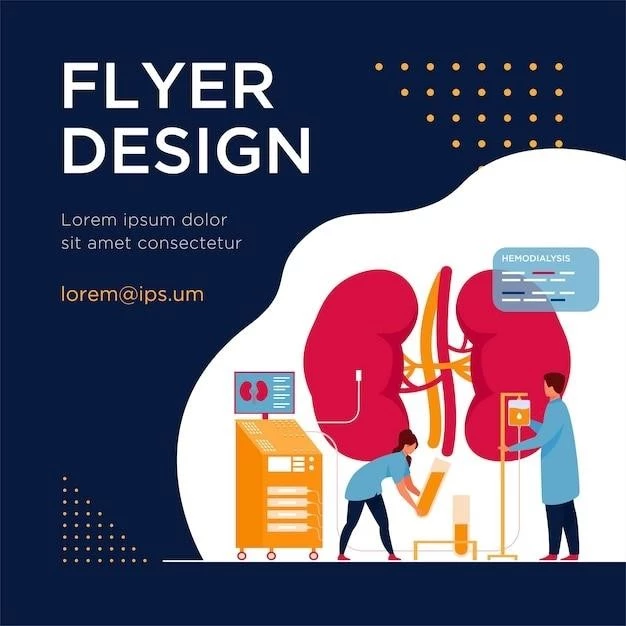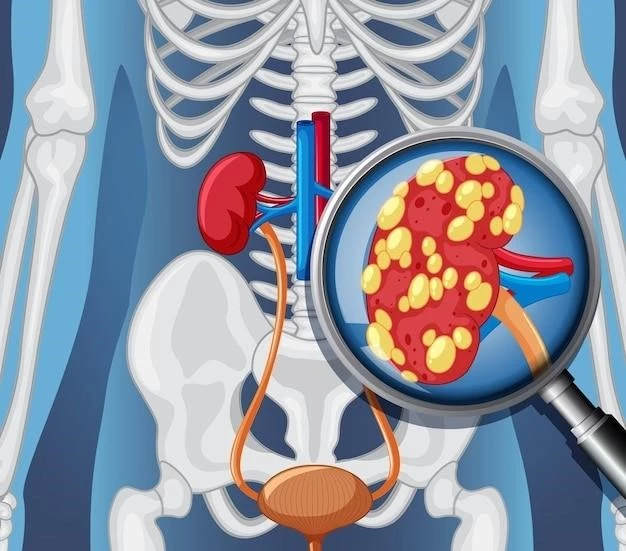Overview of Arthrogryposis Renal Dysfunction Cholestasis Syndrome
This section provides a comprehensive overview of Arthrogryposis Renal Dysfunction Cholestasis Syndrome, including its key aspects and implications․
Definition of Arthrogryposis Renal Dysfunction Cholestasis Syndrome
Arthrogryposis Renal Dysfunction Cholestasis Syndrome is a rare genetic disorder characterized by joint contractures, kidney dysfunction, and liver issues․ The syndrome’s name highlights its main features, arthrogryposis referring to joint contractures, while renal dysfunction and cholestasis denote kidney and liver problems, respectively․
Symptoms of Arthrogryposis Renal Dysfunction Cholestasis Syndrome
The symptoms of Arthrogryposis Renal Dysfunction Cholestasis Syndrome may include multiple joint contractures, kidney dysfunction leading to renal failure, cholestasis resulting in liver impairment, failure to thrive, recurrent infections, and developmental delays․ Each individual may present with a varying severity of symptoms that can impact their quality of life and require multidisciplinary care․

Causes of Arthrogryposis Renal Dysfunction Cholestasis Syndrome
Arthrogryposis Renal Dysfunction Cholestasis Syndrome is primarily caused by genetic mutations that affect vital metabolic pathways․
Genetic Mutations
Arthrogryposis Renal Dysfunction Cholestasis Syndrome is attributed to mutations in the VPS33B or VIPAR genes, crucial for cellular transport processes․
Inheritance Patterns
Arthrogryposis Renal Dysfunction Cholestasis Syndrome follows an autosomal recessive inheritance pattern, meaning that both parents must carry a copy of the mutated gene for a child to inherit the condition․ Genetic counseling is crucial for families at risk․
Diagnosis and Testing for Arthrogryposis Renal Dysfunction Cholestasis Syndrome
Evaluating symptoms, physical exams, and genetic testing aid in diagnosing this rare syndrome․
Physical Examination
A physical examination for Arthrogryposis Renal Dysfunction Cholestasis Syndrome involves assessing joint contractures, signs of liver dysfunction, and kidney abnormalities․ Clinicians may also look for developmental delays and growth issues․
Genetic Testing
Genetic testing plays a crucial role in confirming Arthrogryposis Renal Dysfunction Cholestasis Syndrome by identifying specific mutations in the VPS33B or VIPAR genes․ This testing helps in accurate diagnosis, facilitating tailored management plans and family counseling․
Treatment Options for Arthrogryposis Renal Dysfunction Cholestasis Syndrome
Management involves medical interventions and supportive therapies to address symptoms and improve quality of life․
Medical Management
Medical management for Arthrogryposis Renal Dysfunction Cholestasis Syndrome focuses on symptom-specific treatments, such as physical therapy for joint contractures, interventions for renal and liver issues, nutritional support, and medication regimens to address complications․ Multidisciplinary care involving various specialists is essential for comprehensive management․
Supportive Therapies
Supportive therapies play a vital role in managing Arthrogryposis Renal Dysfunction Cholestasis Syndrome by providing interventions like occupational therapy, nutritional counseling, social support, and access to specialized care centers․ These therapies aim to enhance the individual’s quality of life and overall well-being, addressing both physical and emotional needs․
Prognosis and Life Expectancy of Arthrogryposis Renal Dysfunction Cholestasis Syndrome
The long-term outlook varies depending on the severity of symptoms and the effectiveness of management strategies․
Long-Term Outlook
The long-term outlook for individuals with Arthrogryposis Renal Dysfunction Cholestasis Syndrome involves ongoing medical care, potential organ transplants, and the need for supportive therapies to maintain quality of life․ Research advancements aim to improve treatments and outcomes․
Research and Developments in Arthrogryposis Renal Dysfunction Cholestasis Syndrome
Ongoing research aims to enhance understanding, develop new treatments, and improve outcomes for individuals with this complex syndrome․
Current Studies
Current studies on Arthrogryposis Renal Dysfunction Cholestasis Syndrome focus on exploring potential treatments targeting specific genetic mutations, improving symptom management strategies, and enhancing overall quality of life for affected individuals․ These studies play a crucial role in advancing knowledge and refining therapeutic approaches for this rare condition․
Support and Resources for Individuals with Arthrogryposis Renal Dysfunction Cholestasis Syndrome
Access to specialized medical centers, support groups, and genetic counseling offers valuable assistance for individuals and families affected by this syndrome․
Support Groups
Support groups dedicated to Arthrogryposis Renal Dysfunction Cholestasis Syndrome offer a platform for individuals and families to share experiences, access information, and receive emotional support․ These communities foster a sense of belonging and provide resources to navigate the challenges associated with the condition․ Connecting with others facing similar situations can offer comfort and empowerment in managing the complexities of this rare syndrome․
Resources
Various resources are available for individuals with Arthrogryposis Renal Dysfunction Cholestasis Syndrome, including informational websites, medical professionals specializing in the condition, genetic counseling services, and financial assistance programs․ Accessing these resources can provide valuable support, guidance, and practical help to manage the challenges associated with the syndrome․
